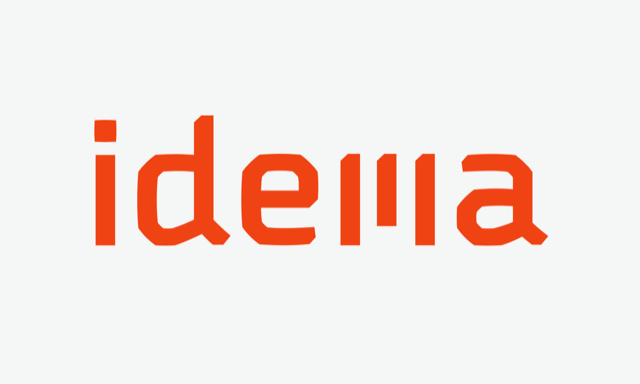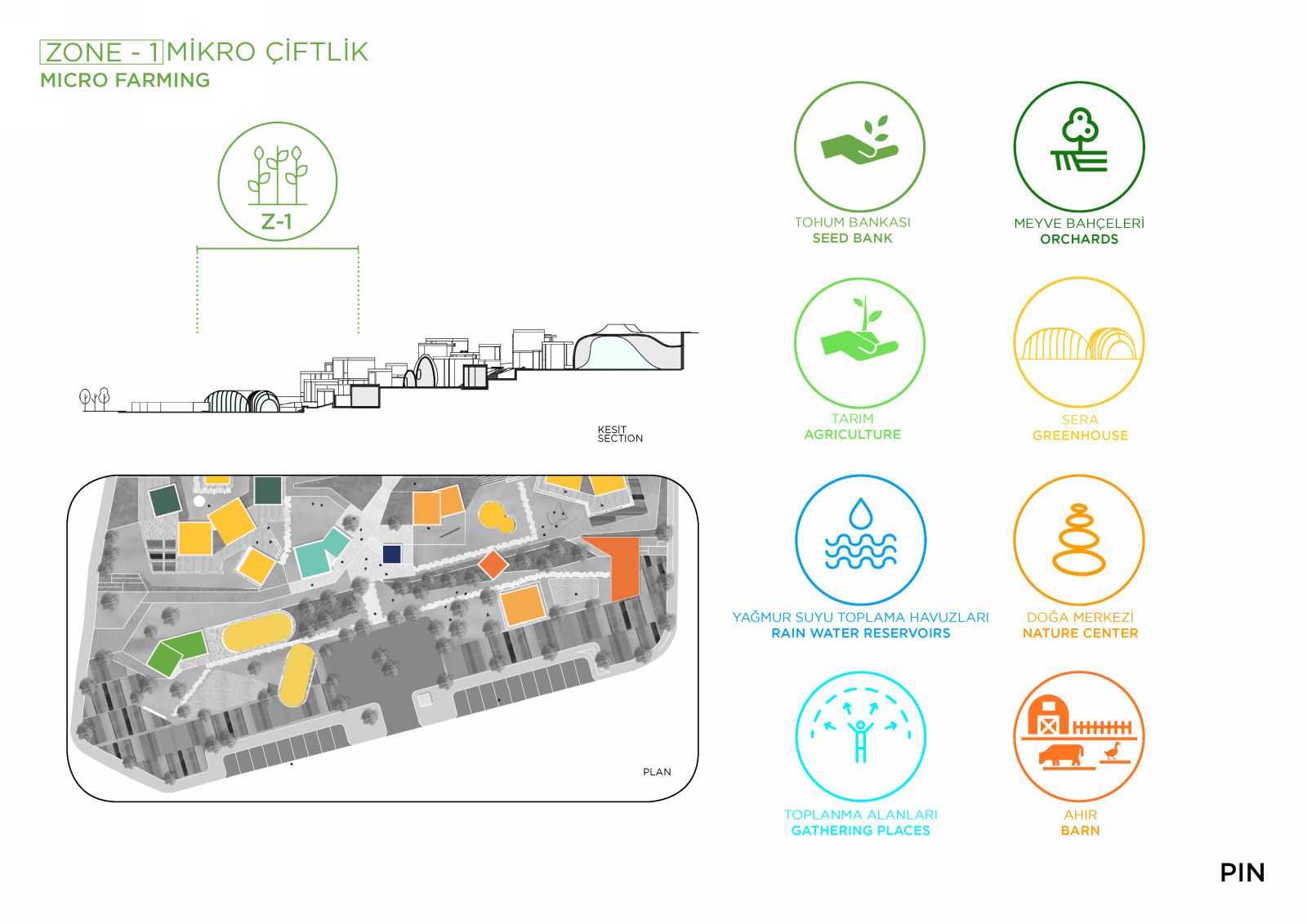When urban concerns meet transnational concerns and move towards localization
In the context of Covid-19, we observed city flaws laid out. Where cities have failed their residents, the fatalities were higher. Often it was the cities that have mostly renounced their local neighborhoods that suffered the most, shifting the blueprint and design to corporate compounds, tech valleys and commercial plants while reducing the quality and availability of housing, transport and green spaces-all things tied to health and well-being. The pandemic hit hardest the areas that did not provide adequate structure for its inhabitants. Access to everyday services [legal, administrative, health related] implied longer and inconvenient commuting in high traffic in crammed metros, buses, or on highways. It generated stress and extra costs. Cities moved away from designs for the greater common good at great cost, KoruMaya seeks to remedy these flaws and invest in people seeking a better future.
These factors increase in radical proportion when they touch upon a people from socioeconomic disadvantageous backgrounds and further compounded for those of whom have been forcibly displaced. Individuals and families might be facing linguistic barriers. Traumatic memories might interject moments of defeat and depression. Discrimination and job market limitations might convey a feel of hopelessness. And when such emotional, social and economic hardships friction with limitations in resources, lack of community-based support system, and constant cultural backlash, one can feel the numerous obstacles barriers impossible to overcome. Eyyübiye with a population of 367,000 17% of which are Syrian refugees is ripe for social unrest and lacks job opportunity; 21.9% people lived below the poverty line in 2019. Residents are poor, and many of them are members of the especially vulnerable.
Social support and healing are a core part of the vision for KoruMaya. The site reimagines the urban space to build resilient equalizing space in local neighborhoods for the greater common good. KoruMaya by design–in vision and metaphor, is an open circle [inclusive], a center [to heal, find support and consideration], a playful hill [for kids to exercise and interact], a place for cultures and knowledge [to intertwine in conversations and new rituals].
“The pods are inspired by the ancestral Aran Houses still to be found in the region. We wanted something timeless, and instead of building a mass structure that would not have been easy to adjust and change, not allow to build interactions inside / outside, we opted for a flexible set of modular clusters. It’s easy to reuse, resilient, easy to repair, and it’s easy to rebuild in the region. One can now hire a local builder to expand and collaborate with others. Alike for micro farming using local plants, fruit trees and livelihood, KoruMaya is leaning on local assets and its latest technologies. And it’s been designed to be site-friendly to people with disabilities.”



